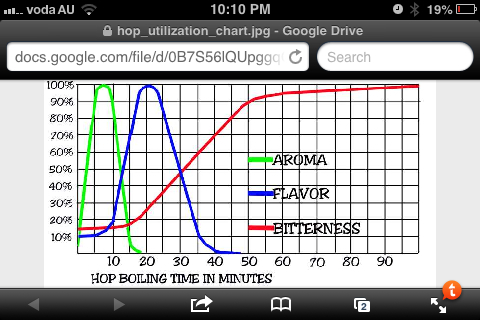azzothegreek
Active Member
- Joined
- Jun 10, 2013
- Messages
- 69
- Reaction score
- 1
Fairly basic question to the well initiated amonsgt you, What temperature should I be boiling hops at to extract the bitterness? I ask this as i have been experimenting with kits. I don't have the time for AG grain brewing at the moment so have resorted to splitting two can kits and making up the difference with spray malts, brown sugar and honey. I'll use a two can kit to make two separate brews, each brew utilising one of the cans and a mixture of honey, spray malt and brown sugar. I obviously need to add some bitterness and hop flavour to each brew and judging by some recipes on here I steeped x amount of hops at 80 degrees for 90 minutes. i'm now thinking that maybe I should have boiled the hops at a higher temperature rather than steep at 80 degrees as i chopped down on a steeped hop after i finished and it was still very bitter, leading me to believe that I had not extracted all its goodness.





